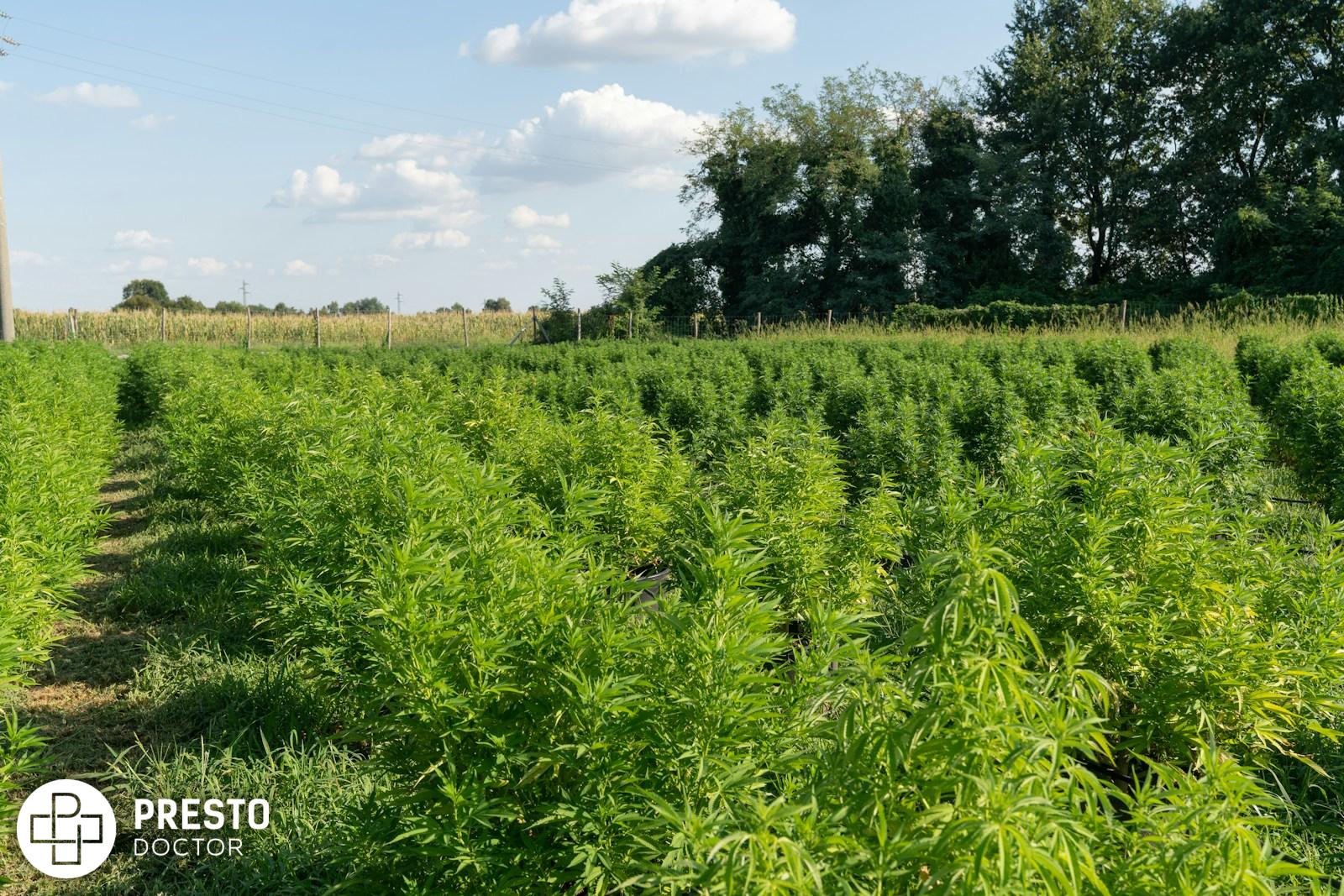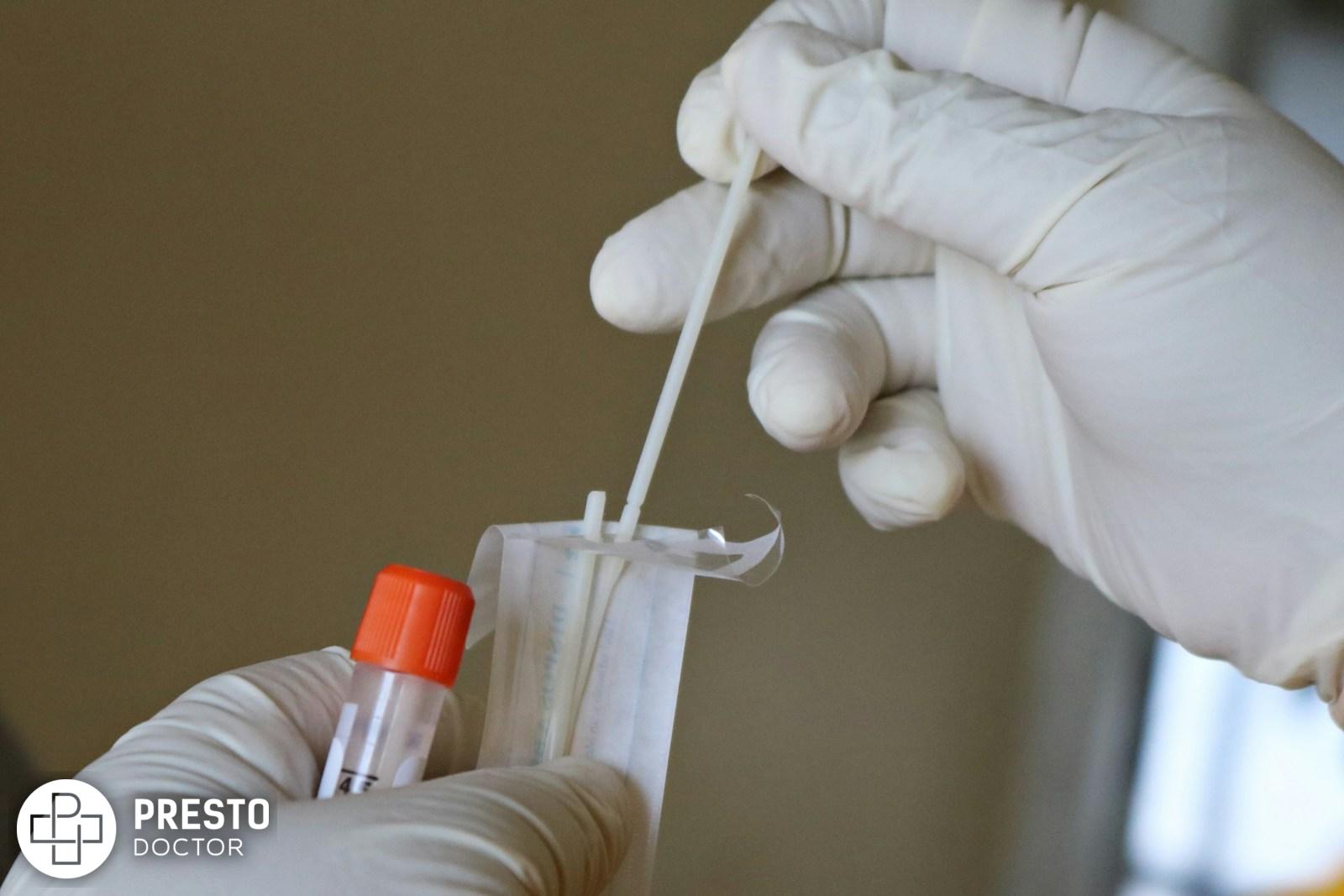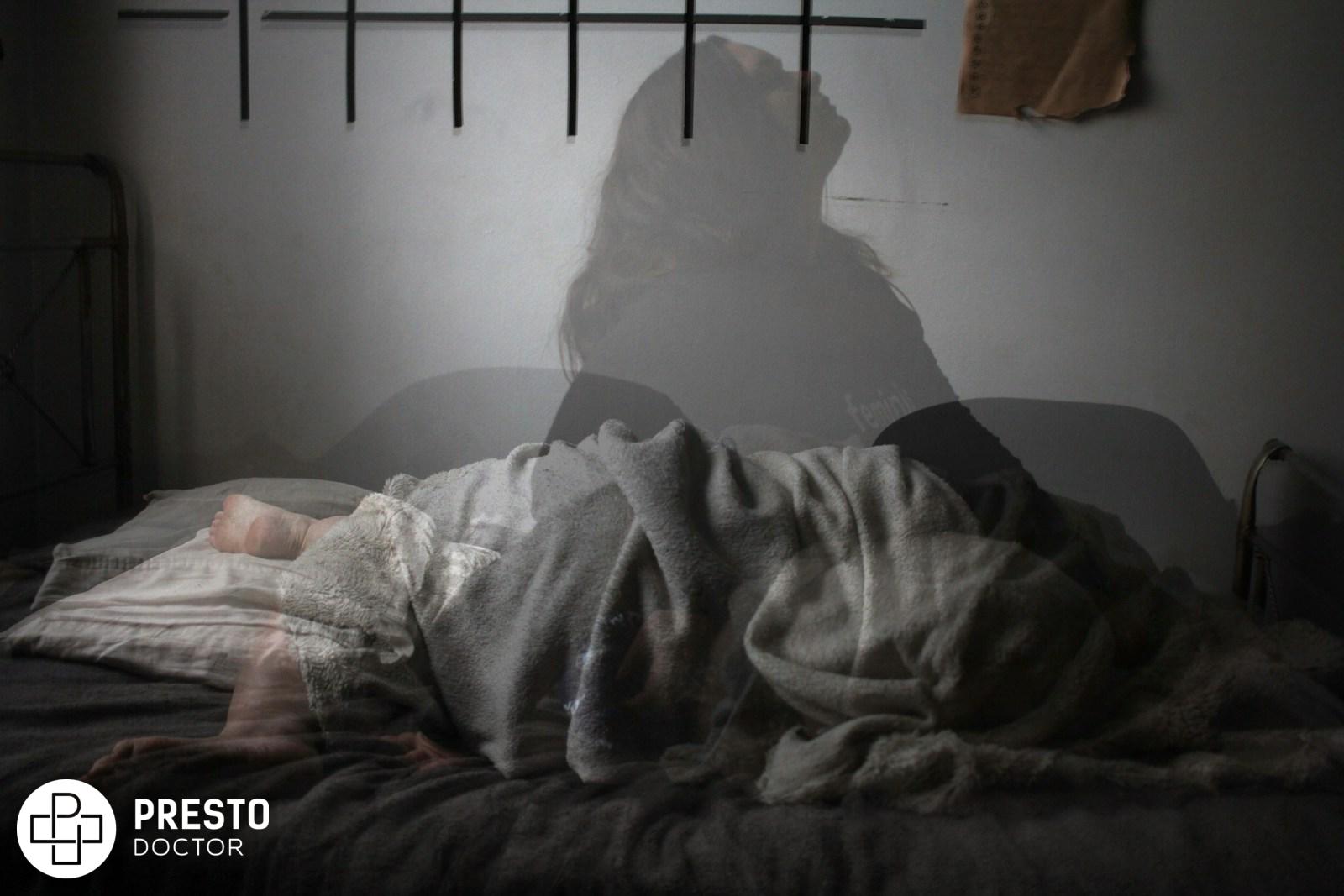
Cannabis use is restricted in most first responder occupations due to the rigorous drug testing protocols and the nature of the job. This poses a hindrance for individuals aspiring to work as police officers, firefighters, or emergency medical technicians (EMTs) who also wish to use cannabis. It is essential to note that even possessing a medical marijuana card or engaging in cannabis usage can render one ineligible for employment or continuation in these fields.
Nonetheless, recent developments in state laws and new safeguards provide protections to first responders who rely on medical cannabis.
Cannabis Use For Police, EMTs, or Firefighters
When it comes to cannabis use, there are specific regulations and guidelines that individuals in certain professions, such as police officers, emergency medical technicians (EMTs), and firefighters, need to adhere to. These professions often involve high levels of responsibility and public safety. This is why the use of cannabis can raise important concerns. Here, we will explore the regulations and considerations regarding cannabis use for individuals in these professions.
In many jurisdictions, police officers, EMTs, and firefighters are subject to strict drug policies due to the nature of their work. The use of cannabis can potentially impair their judgment, reflexes, and overall ability to perform their duties effectively. These professions often require individuals to make split-second decisions or operate heavy machinery, making substance use incompatible with their responsibilities.
In most cases, individuals applying for these positions are required to undergo drug testing as part of the pre-employment process. Additional drug testing may also occur periodically during their employment. Positive results for cannabis can result in disciplinary action or even termination.
While regulations may vary depending on the jurisdiction, it is generally advised that individuals in these professions refrain from using cannabis. This is due to the potential risks it can pose to public safety and their professional obligations. It is important for individuals to prioritize the responsibilities and duties associated with their work and make informed decisions that align with the rules and regulations governing their professions.
Overall, the use of cannabis for individuals in professions such as police officers, EMTs, and firefighters is typically discouraged or strictly regulated. This is due to safety concerns and the need for optimal performance in critical situations. Understanding and adhering to the specific regulations and policies is essential to maintaining professional integrity and ensuring public safety. [2]
Regulations and Restrictions
Tiered Regulations for First Responders’ Cannabis Use
Currently, the regulations regarding the use of cannabis vary for police officers, EMTs, and firefighters. In some jurisdictions, these first responders are subject to strict restrictions on cannabis use, while in others, the rules are more lenient. Some departments have implemented tiered policies that take into account factors such as the nature of the job, frequency of cannabis use, and potential impairment risks. These tiered regulations aim to balance personal freedoms with public safety concerns.
Impact of Federal and State Laws on Cannabis Use for First Responders
It is important to note that federal law classifies cannabis as a Schedule I controlled substance. This means it is illegal under federal jurisdiction. However, many states have legalized the medical and/or recreational use of cannabis, creating a conflict between federal and state laws. This conflict can complicate the issue for first responders, as they must navigate the varying regulations and potential legal implications of cannabis use.
Despite the evolving attitudes and changing laws surrounding cannabis, it is crucial for first responders to understand the specific regulations and restrictions in their jurisdiction. They should consult with their department or legal counsel to ensure compliance with applicable laws and guidelines. [3][6]
Job Implications
Potential Consequences of Cannabis Use for First Responders on the Job
First responders such as police officers, EMTs, and firefighters have demanding and high-stress jobs that require quick thinking, clear judgment, and physical fitness. Cannabis use can have potential consequences on their job performance and safety. While cannabis may have various therapeutic benefits, it can also impair cognitive and motor skills. This leads to decreased alertness and coordination. This impairment can compromise their ability to respond effectively in emergency situations, potentially putting themselves and others at risk.
Cognitive and Motor Skills Impairment and Its Effect on Performance
Cannabis use can impair cognitive functions such as decision-making, attention, memory, and problem-solving. This can significantly impact the performance of first responders, who often need to make split-second decisions in critical situations. Additionally, motor skills can be affected, including coordination, reaction time, and judgment of distance and speed. These impairments pose a significant risk when working with heavy machinery or in situations requiring precision and physical agility.
It is important for first responders to understand the potential consequences of cannabis use on their job performance and to adhere to relevant regulations and policies set by their respective organizations. Ensuring sobriety on the job is crucial for maintaining the safety of both the first responders themselves and the individuals they serve.
Medical Cannabis Laws
Protections and Emerging Laws for First Responders’ Medical Cannabis Use
First responders, including police officers, EMTs, and firefighters, are subject to different laws and regulations regarding use of medical cannabis. While policies vary by jurisdiction, some states have implemented protections for first responders who are qualified patients and use medical cannabis as part of their treatment.
These emerging laws aim to accommodate the medical needs of first responders while ensuring public safety. However, it is crucial to note that these protections may still have limitations. Limitations can be restrictions on cannabis use during working hours or immediate intoxication.
Disciplinary Actions for Failed Drug Tests and Off-Duty Cannabis Use
In most jurisdictions, first responders must maintain a drug-free workplace and abide by stringent drug testing policies. While medical cannabis use may be protected under certain circumstances, failing a drug test can still result in disciplinary actions. Some disciplinary action include potential termination.
Off-duty cannabis use also remains a contentious issue. Some jurisdictions may not differentiate between on-duty and off-duty cannabis use, potentially leading to disciplinary measures. It is essential for first responders to be aware of specific jurisdiction’s policies and the potential consequences of cannabis use.
Note: Cannabis laws and policies may vary significantly depending on the jurisdiction. It is crucial to consult local legislation and legal counsel for accurate and up-to-date information. [12][14]







